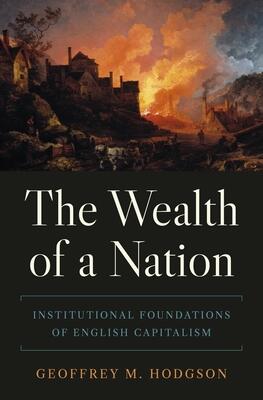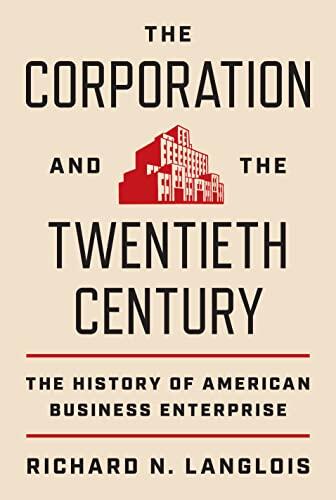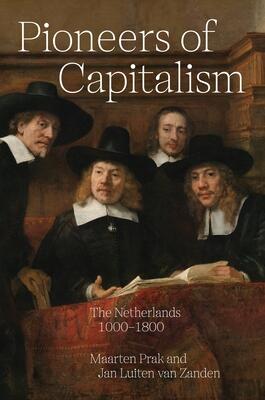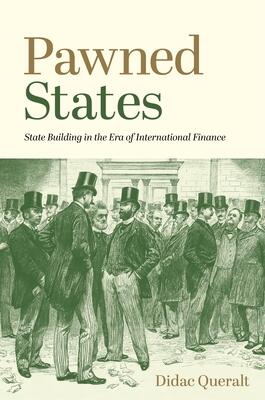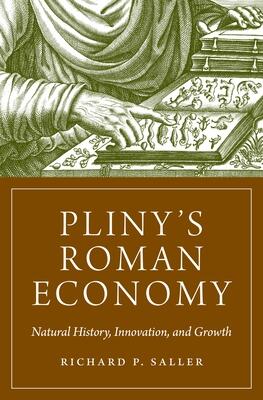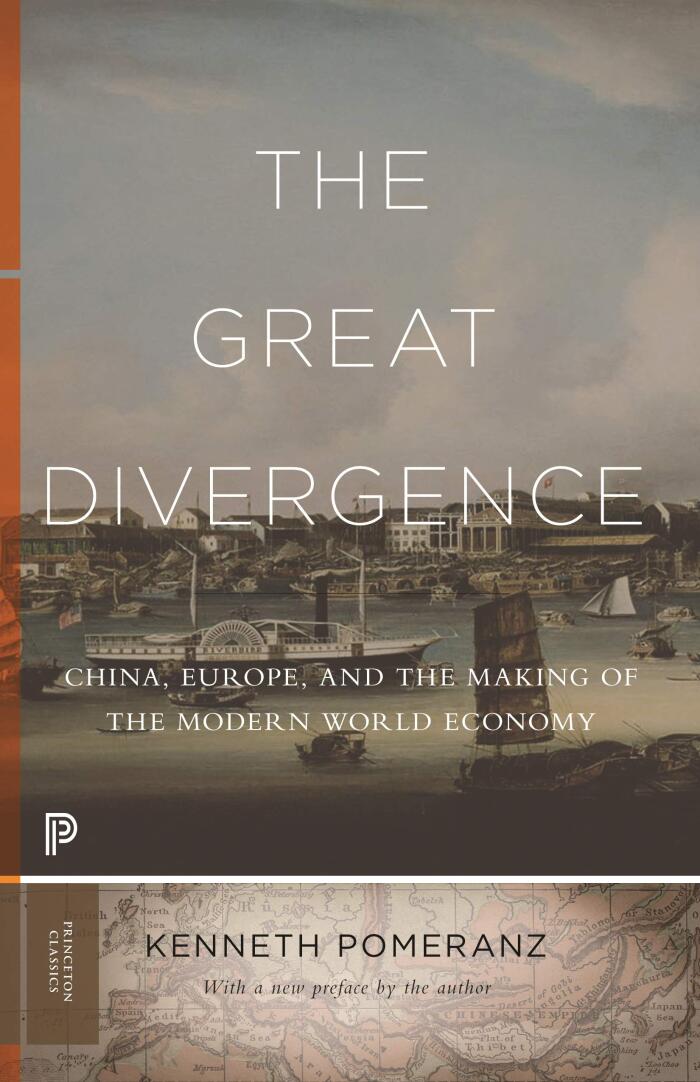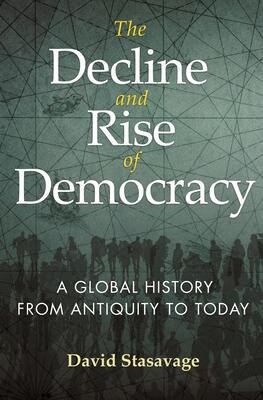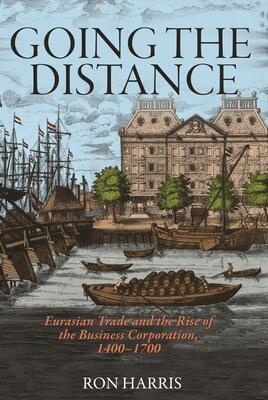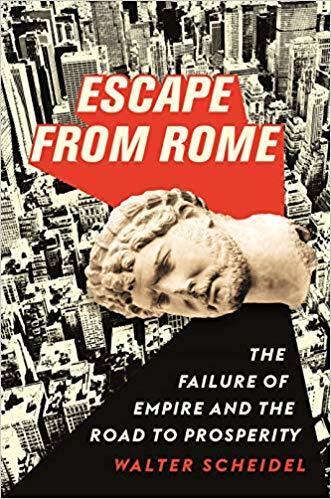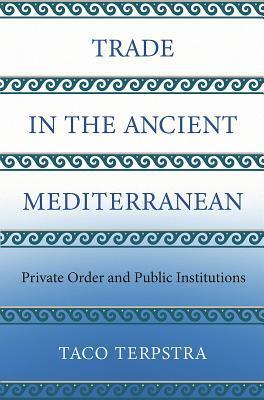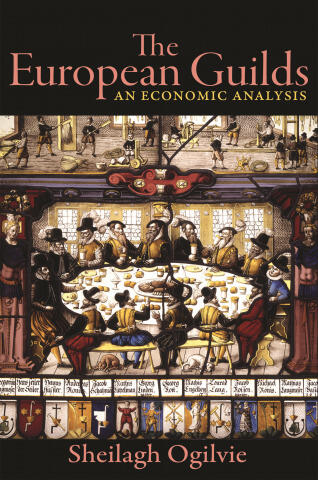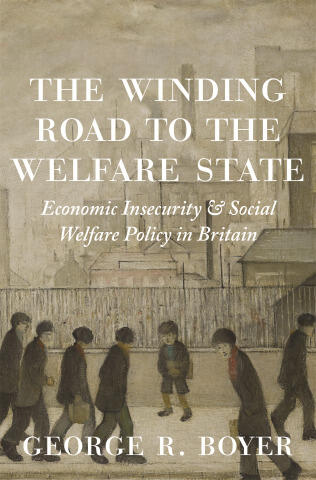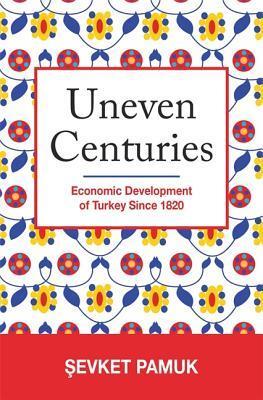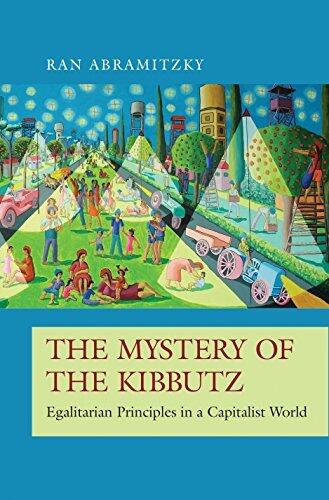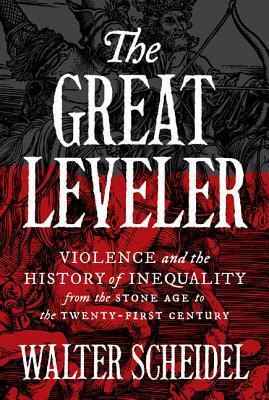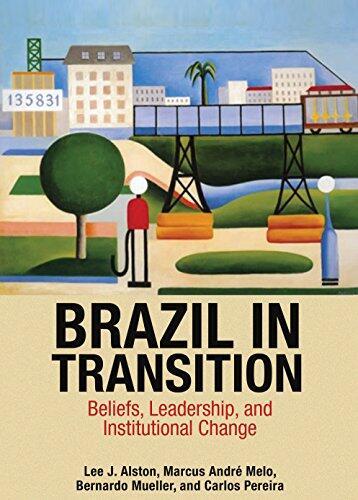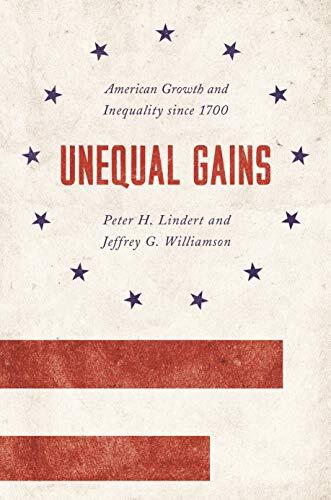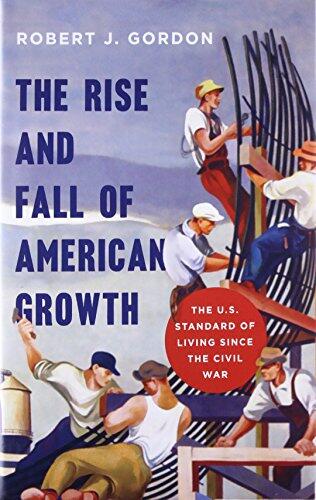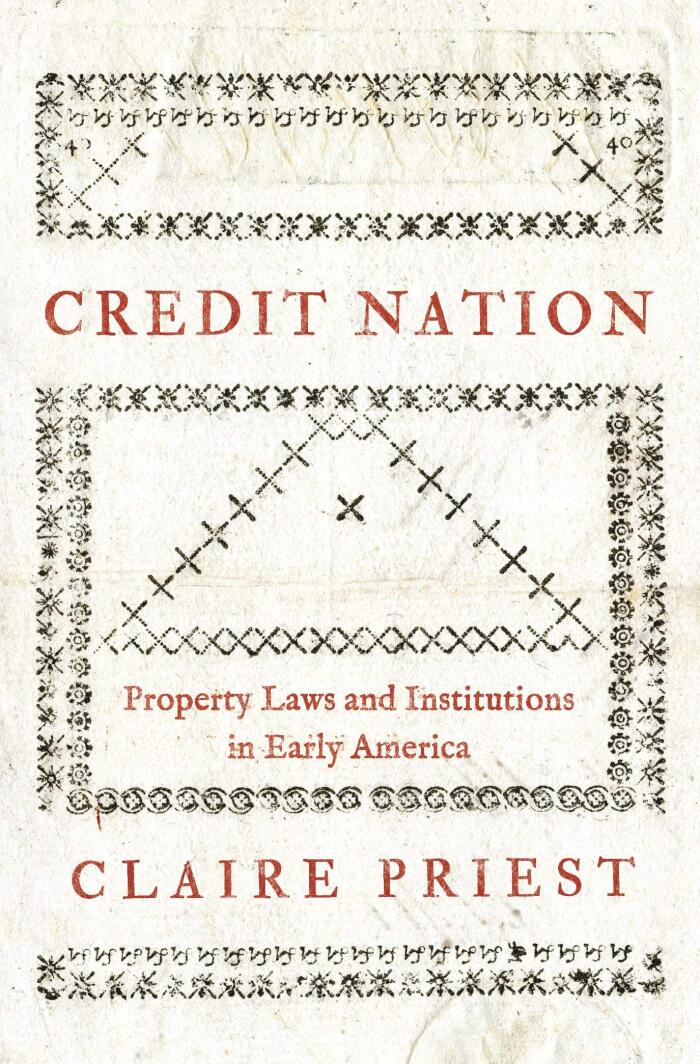
Credit Nation: Property Laws and Institutions in Early America
还没有评分
Action & Adventure
History
格式
Kindle
页数
233
语言
英语
已发布
Feb 2, 2021
出版商
Princeton University Press
描述
The early American landscape was marked by a transformative economic shift as colonists began to shape a culture rooted in credit. This exploration delves into how property laws and institutional frameworks established a foundation for American capitalism. At the heart of this narrative are the myriad ways in which credit systems were woven into daily life, influencing everything from real estate transactions to personal relationships.
As the narrative unfolds, it reveals the intricate connections between legal mechanisms, societal norms, and the burgeoning economy. Colonists navigated a complex world where property ownership was both a symbol of success and a vital underpinning for financial growth. Through careful analysis, the author illustrates how these early practices not only defined economic relationships but also set precedents for future generations.
In portraying the evolution of these foundational concepts, the work sheds light on the challenges and innovations faced by early Americans. It offers readers a rich understanding of how the principles of credit and property would come to influence the very fabric of American identity and economy.
As the narrative unfolds, it reveals the intricate connections between legal mechanisms, societal norms, and the burgeoning economy. Colonists navigated a complex world where property ownership was both a symbol of success and a vital underpinning for financial growth. Through careful analysis, the author illustrates how these early practices not only defined economic relationships but also set precedents for future generations.
In portraying the evolution of these foundational concepts, the work sheds light on the challenges and innovations faced by early Americans. It offers readers a rich understanding of how the principles of credit and property would come to influence the very fabric of American identity and economy.
